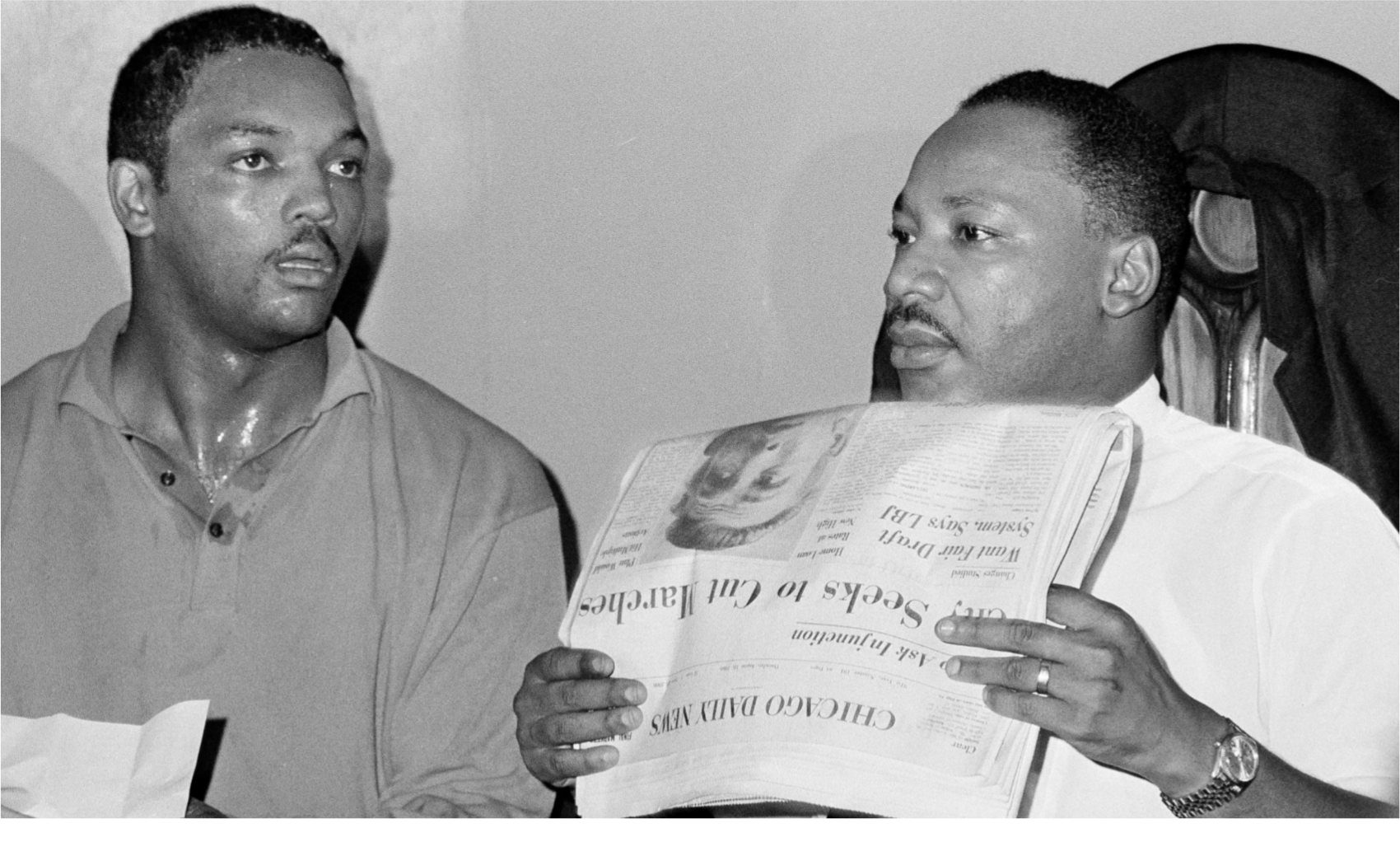(ThyBlackMan.com) Before I decided to commit myself to a career as a journalist, I worked in the trenches as a high school teacher in two departments: English and Religion. Later, I would become an adjunct professor at several colleges in Chicago and then in Atlanta.
Because the world was changing so rapidly in the 90s and the early 2000s, particularly due to a surge in technological advancements and with the rise in the popularity of rap and hip-hop, I often struggled to find more creative ways to maintain my students’ interests and ensure their participation.
I knew the power that one wields when they have full command of the English language and wanted my students to understand that the most effective way to secure change remained not with the sword but with the pen.
One evening, while listening to the radio, I heard a young rapper rattle off the lyrics to a song that made me stop in my tracks. Hip-hop didn’t really appeal to me given my penchant for the kinds of music that I had grown up hearing, learning and loving out of Motown.

But there was one rising star in the hip-hop world who truly fascinated me. But what garnered my attention and caused me to begin focusing on his music was not his bravado, his youthful swag or his thug-like persona which I later learned was more by design than actual experience.
What made me a fan and follower of Tupac Shakur was his uncanny ability to dissect the changes occurring in society and provide his critique. His prowess as a lyricist made him a force to be reckoned with – then and now, 25 years after his tragic death.
I would use the lyrics from his mind-blowing 1991 release, “Brenda’s Got a Baby” and compare them to the words from one of my favorite Supremes songs, “Love Child,” a No. 1 single released by Diana Ross and her girls in 1968.
Both songs addressed the issue of teen pregnancy. But it was clear that how society viewed this challenge for young girls, especially Black girls, had undergone significant changes.
While I didn’t want to try to convince my students that one perspective was more appropriate than the other, I did want them to be able to analyze and share their views on the differences that had ensued over the years.
In “Love Child,” the prevailing attitude was clear: sexual intercourse before marriage, and the possibility of pregnancy, should be avoided at all costs. The changes that came from being a young, unwed mother were far too great.
But as Tupac later illustrated, those “costs” had become even greater – even life-threatening – just a few decades later.
It would be one of those teachable moments that led to provocative conversations which continued even after our time in the classroom was over.
But my students weren’t the only ones who learned something during our classroom encounter.
I grew as well.
Judge for yourself as you look at just an excerpt of the lyrics below.
We need more Tupacs today. May he rest in peace.
I hear Brenda’s got a baby
But Brenda’s barely got a brain
A damn shame, the girl can hardly spell her name
(That’s not our problem, that’s up to Brenda’s family)
Well let me show ya how it affects the whole community
Brenda got herself a boyfriend
Her boyfriend was her cousin, now let’s watch the joy end
She tried to hide her pregnancy, from her family
Who didn’t really care to see, or give a damn if she
Went out and had a church of kids
As long as when the check came they got first dibs…Now Brenda’s gotta make her own way
Can’t go to her family, they won’t let her stay
No money, no babysitter, she couldn’t keep a job
She tried to sell crack, but end up getting robbed
So now what’s next, there ain’t nothing left to sell
So she sees sex as a way of leaving hell
It’s paying the rent, so she really can’t complain
Prostitute found slain, and Brenda’s her name, she’s got a baby
Written by D. Kevin McNeir
Official website; https://twitter.com/mcneirdk

















Leave a Reply